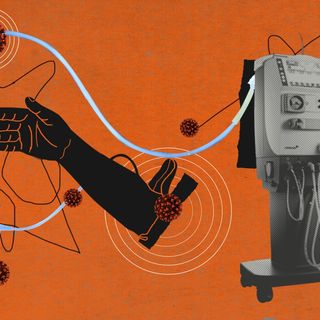Amid the Covid19-induced global health crisis, women in Bangladesh are struggling to come to terms with loss of livelihood as garment factories that make clothes for European markets are laying them off due to mass cancellations of orders. The garment sector employs more than four million workers, most of them women.
Local factories in Bangladesh have laid these women off without warning. “I went home to my village because it was a national holiday. Our factory was supposed to reopen on the April 5. When I went back to work on that day, someone had put up a sign saying that all the workers had been laid off,” Khaleda Parvin, a local garment worker from Bangladesh, told BBC. Parvin’s plight is echoed by many. “I don’t know how I’ll be able to survive. I lost my job, and I don’t know how I’ll be able to buy food,” Sabina Akhter, who works in a garment factory on the outskirts of Dhaka, said.
Women account for 85 percent of the total workforce in Bangladesh’s export-oriented garment industry. “Laying off a worker during such a critical moment is illegal and unjust,” said the president of National Garment Workers Federation, which has been working for the protection and enforcement of women workers’ rights since 1984.
Related on The Swaddle:
‘Rice ATMs’ Across Vietnam Are Feeding People Amid Covid19 Lockdown
Western clothing brands have been condemned for cancelling orders without taking any financial or moral responsibility despite the fact that local factories had already finished manufacturing the products. The UNHRW reported that women have been flocking local human rights and labour organizations because of their concerns about being able to pay rent or buy food. The UNHRW cited Pakistan and South Africa as examples of governments that created emergency funds to address the problem of local workers who are suddenly without jobs.
In March, the Bangladesh government had launched a USD 558 million stimulus package to enable companies in the garment sector to pay their staff during the lockdown. However, this monetary aid never trickled down to the workers, and the government was criticized for paying the manufacturers instead of directly giving money to the workers. “If the government doesn’t come forward with help, we have no way to survive,” said Anisa Begum, a garment worker who supports a family of seven and was recently laid off.




